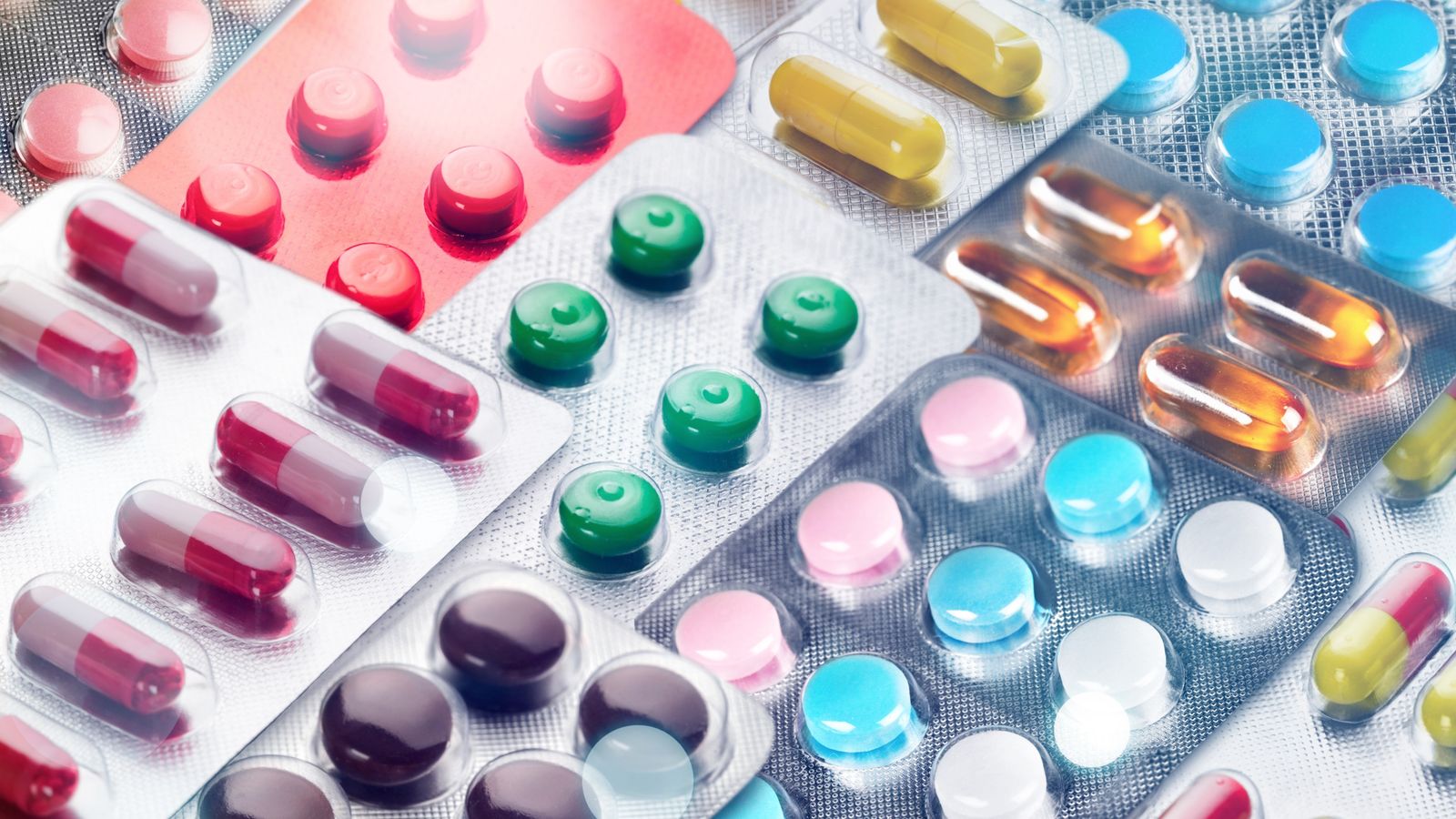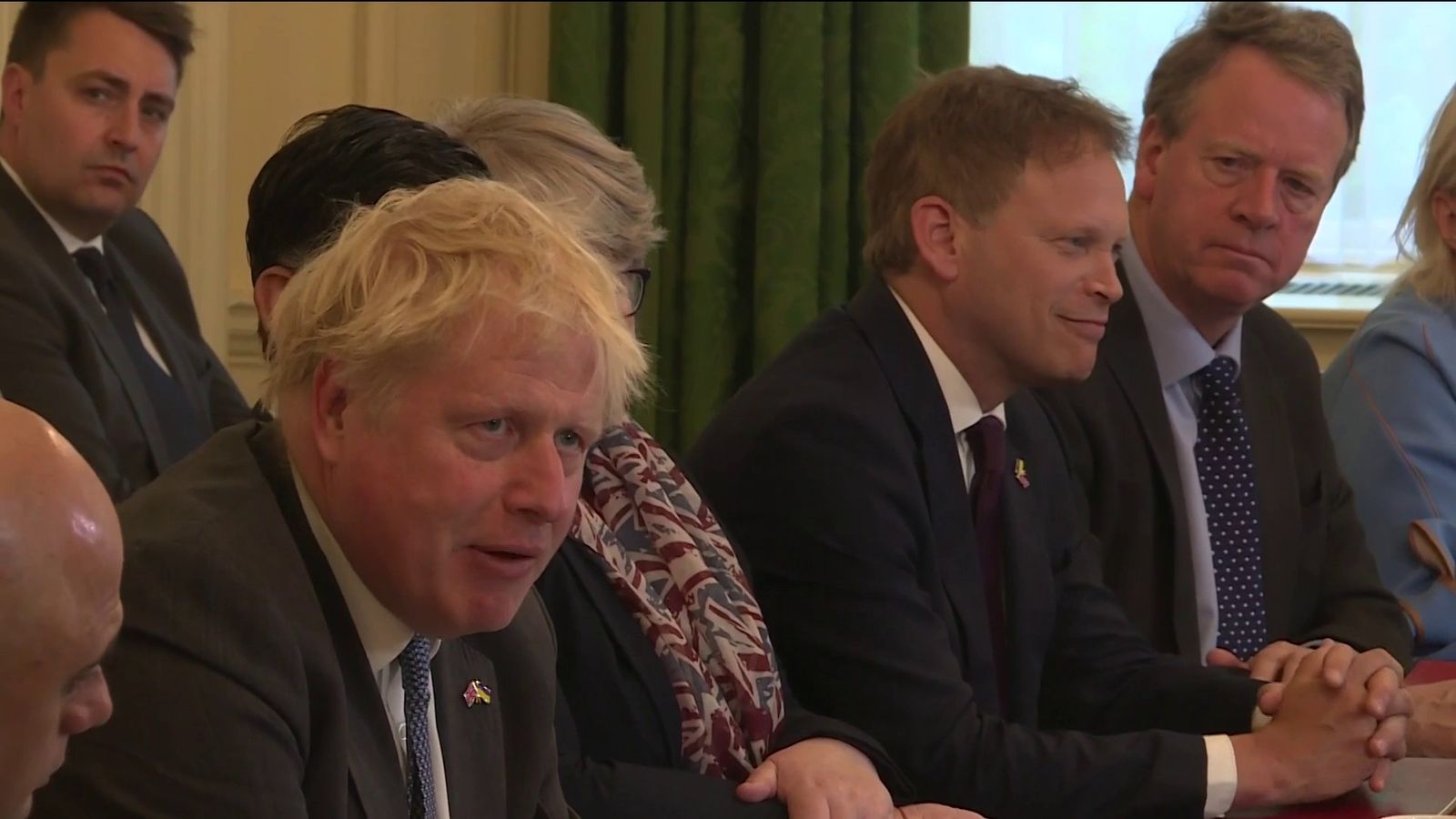New drugs to fight superbugs are to be given to hundreds of patients across England as part of a deal which it is hoped will “save lives and strike a blow” in the global battle against antimicrobial resistance.
Some 1,700 patients a year will be given the new “superbug-busting drugs” on the NHS for infections which have become resistant to traditional antibiotics.
The NHS has struck a deal with pharmaceutical companies to incentivise the development of the new drugs.
Around 65,000 people a year develop drug-resistant infections dubbed superbugs, equating to 178 people per day, according to data from Public Health England.
Experts have previously warned how the development of new drugs to treat infections had dried up – increasing concern that even common operations could become deadly if the current group of medicines become ineffective.
The World Health Organisation (WHO) has said antimicrobial resistance is “one of the top 10 public health threats facing humanity”.
The deal will see the NHS pay up to a maximum of £10m a year for up to 10 years.
Broken heart syndrome: Brain changes linked to emotion found in patients with Takotsubo condition
The first of the drugs to be rolled out are called cefiderocol and ceftazidime-avibactam, manufactured by Shionogi and Pfizer respectively.
‘Gives hope to thousands of patients’
Amanda Pritchard, chief executive of the NHS in England, said the agreement “provides a template” for other countries and “gives new hope to thousands of patients who previously had no treatment options left”.
She added: “Superbug-busting drugs on the NHS will save lives and strike a blow in the global battle against antimicrobial resistance.
“Until now, innovation in antibiotics has been limited, but this pioneering NHS subscription scheme aims to turn the tide by working with pharmaceutical firms to make sure we have these superbug-battling drugs ready and available to those patients who need them most.”
Read more:
Drug could reduce risk of cancer for women with ‘Angelina Jolie gene’
The WHO has said without a continuing supply of effective drugs, the “success of modern medicine in treating infections, including during major surgery and cancer chemotherapy, would be at increased risk”.
Antimicrobials include antibiotics, antivirals, antifungals and antiparasitics.
The WHO says resistance occurs when “bacteria, viruses, fungi and parasites change” and then fail to respond to medicines making infections “harder to treat and increasing the risk of disease spread, severe illness and death”.








